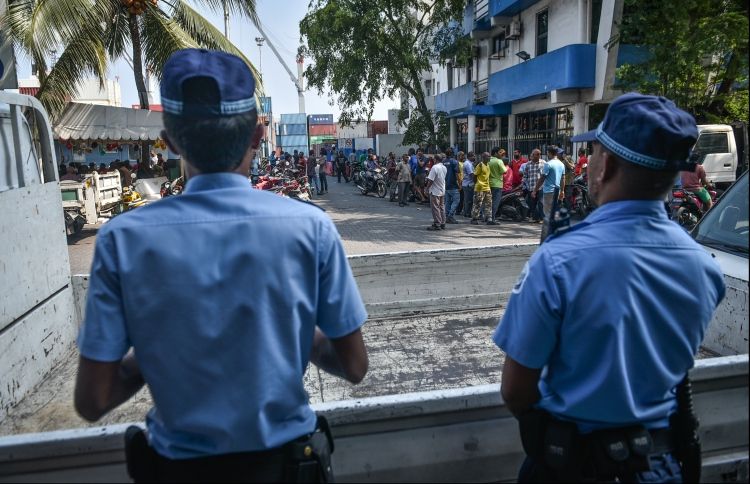Strikes and hikes as porters down tools
Porters are angry about new rules that ban transporting and unloading merchandise from warehouses and shops during the day in Malé.

01 Apr 2018, 09:00
Porters are striking against new rules on transporting merchandise that came into effect Sunday, as the capital’s businesses feared a hike in market prices.
The rules ban transporting and unloading merchandise from warehouses and shops during the day in Malé in a bid to ease congestion in the densely packed city.
Goods must now be carried and unloaded from vans, lorries or pickups between 6 pm and 6 am, the transport authority announced Friday, citing difficulties caused due to jammed roads.
An exception was made for cooking gas delivery, which will be allowed between 8:30 am and 11 am. But the goods to be transported to atolls must be loaded onto boats during the day.
Become a member
Get full access to our archive and personalise your experience.
Already a member?
Discussion
No comments yet. Be the first to share your thoughts!
No comments yet. Be the first to join the conversation!
Join the Conversation
Sign in to share your thoughts under an alias and take part in the discussion. Independent journalism thrives on open, respectful debate — your voice matters.




